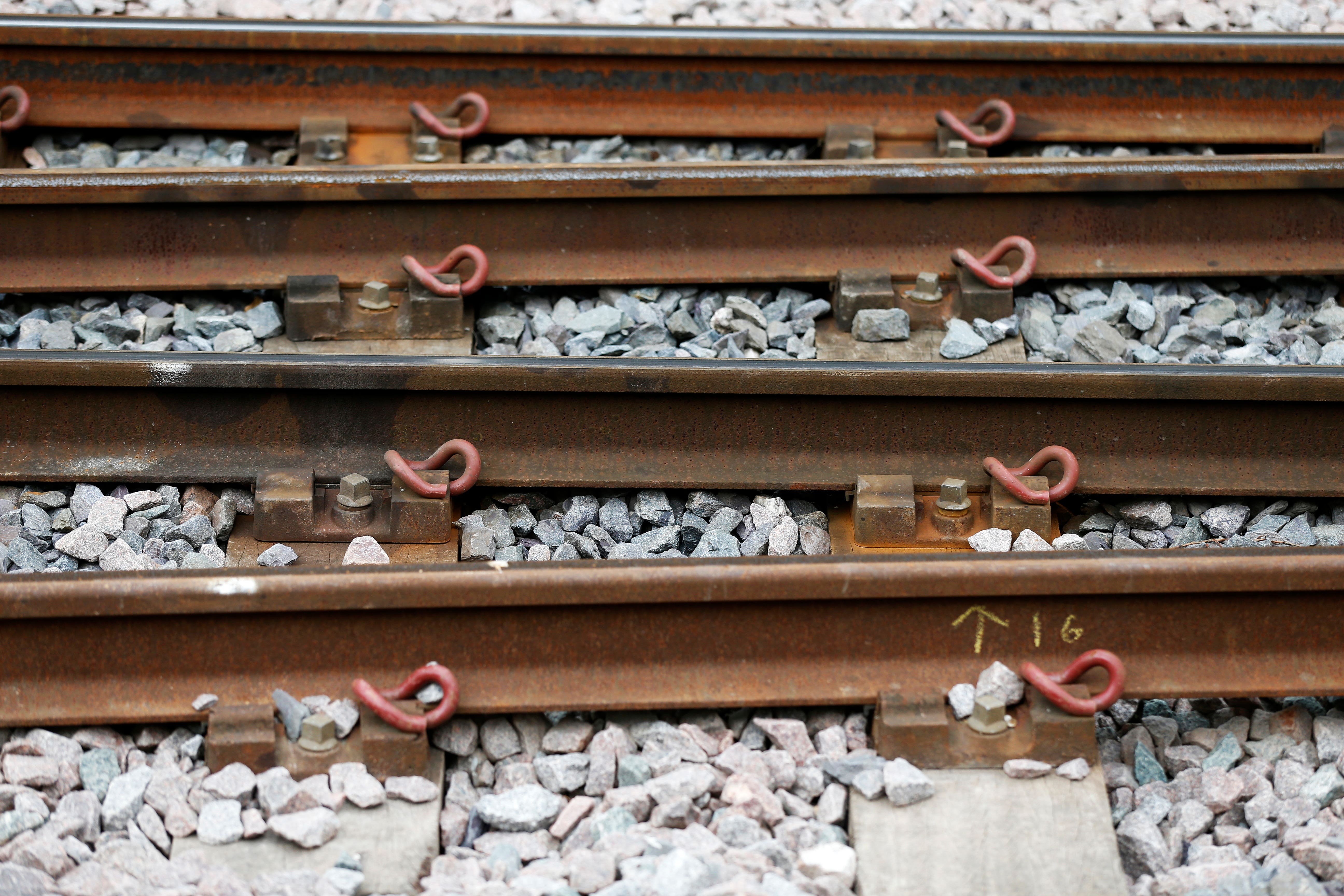More than 1,000 actions identified to boost struggling rail route
Network Rail said it will carry out the work to boost performance on a 53-mile stretch of the Great Western Main Line.

More than 1,000 actions have been identified to improve a major rail line plagued by faults.
Network Rail said it will carry out work to improve a 53-mile stretch of the Great Western Main Line between Didcot Parkway in Oxfordshire and Paddington, west London, but warned it will take a year and a half before the route has good performance as standard.
Reliability on the route has deteriorated since the middle of last year, affecting Great Western Railway, Elizabeth line and Heathrow Express passengers.
Network Rail route director for the Western route, Marcus Jones, who was appointed in April 2023, admitted that the Government-owned company has been “letting people down”.
Among the improvement actions identified are inspecting certain pieces of infrastructure more frequently, fitting data logging devices to some assets to get quicker information about problems, and renewing some sections of overhead wires.
We haven't been performing well enough and we are sorry for that. We're letting people down
Network Rail, the Government-owned company responsible for Britain’s rail infrastructure, has spent four months developing its project.
“We’ve got a plan and we’re confident”, Mr Jones told the PA news agency.
He said the aim is to “stabilise” services and “stop things going wrong” over the next six months, with an ambition for maintenance and infrastructure renewals to be “back on track” after 18 months, at which point good performance will be “business as usual”, he added.
Elizabeth line services, which began in May 2022, are operated by MTR under a contract awarded by Transport for London (TfL).
Mayor of London Sadiq Khan, who chairs TfL, said: “It’s clear that the recent performance on the Elizabeth line has been below the high standards set when the railway was opened.
“I have been absolutely clear with Network Rail, MTR and TfL that the issues we have seen over the last six months are not acceptable.
“I am pleased that they have brought forward a comprehensive plan to resolve the problems on the line, and I will continue to hold them to account.”
Mr Khan’s office said Network Rail is allocating nearly £140 million to the project from existing budgets.
Industry figures show trains in the Thames Valley area have been delayed by a total of about 13,500 minutes on average per week over the past three months.
It's clear that the recent performance on the Elizabeth line has been below the high standards set when the railway was opened
The disruption is being caused by a range of issues, such as track defects, overhead electric wire failures, faults with points – mechanical systems enabling trains to cross tracks – and an increase in trespassing.
Thousands of passengers were stranded on trains for several hours on December 7 because of a problem with overhead wires, while four damaged rails were discovered within eight days in November.
Services were disrupted again on Monday because of a landslip in Sonning, Berkshire.
Maidenhead MP and former prime minister Theresa May, who is a member of GWR’s independent advisory board, recently told the Commons of a period when rail disruption affected Thames Valley services on eight out of nine days.
She said her constituents are not experiencing “the service that they need” because of “the way that Network Rail is behaving at the moment and how it has been dealing with the track and overhead lines”.
An investigation into the performance of the Western route by regulator the Office of Rail and Road is ongoing.
Mr Jones said: “We haven’t been performing well enough and we are sorry for that.
“We’re letting people down and it’s awful to be in a position where we’re doing that.”
Mr Jones attributed the decline in performance to a “perfect storm”, as a “complex set of circumstances have come together at the same time”.
These include maintenance work falling behind schedule due to the coronavirus pandemic and industrial action, while an increase in services and the length of trains is putting more strain on infrastructure.
Bookmark popover
Removed from bookmarks